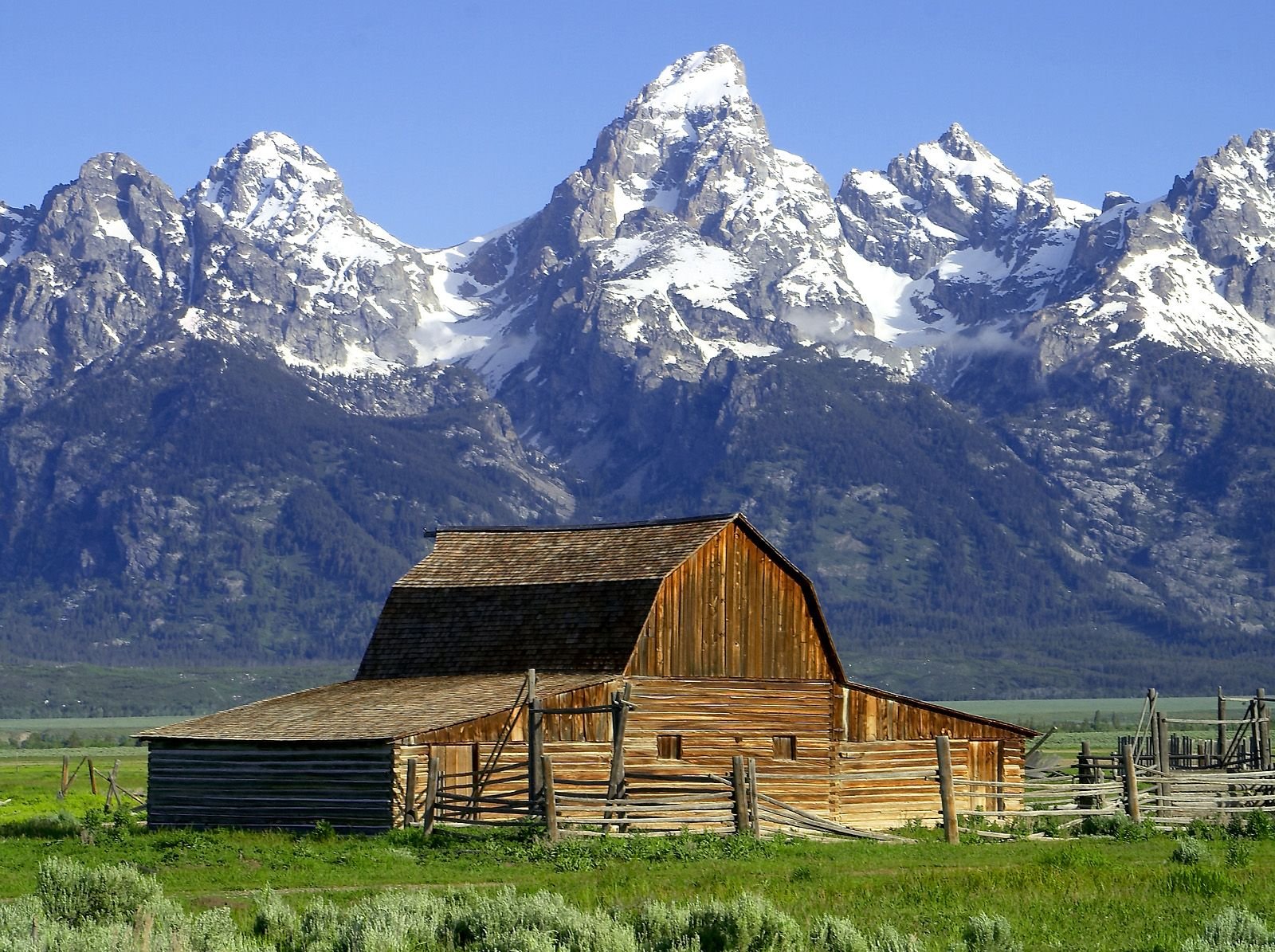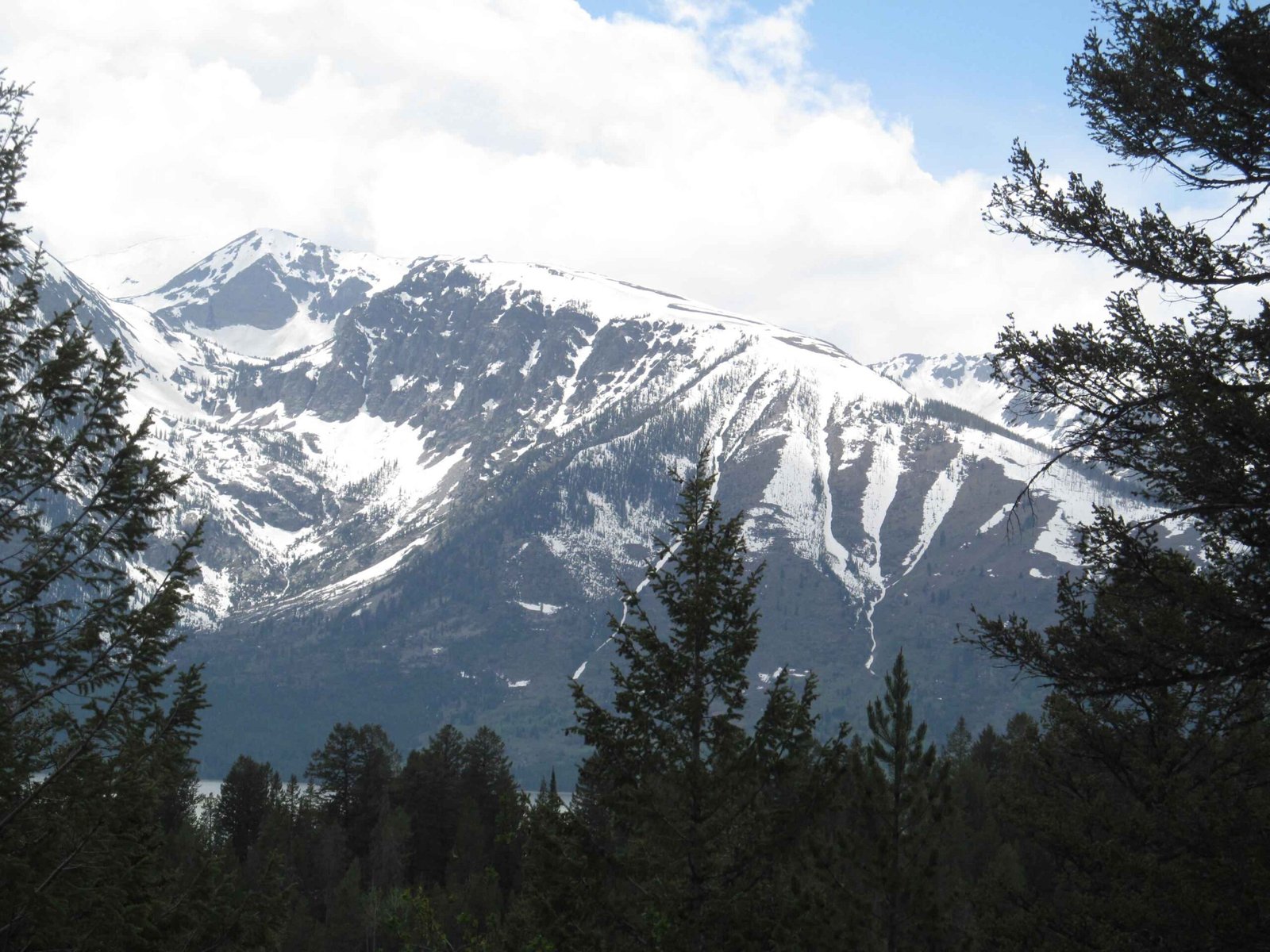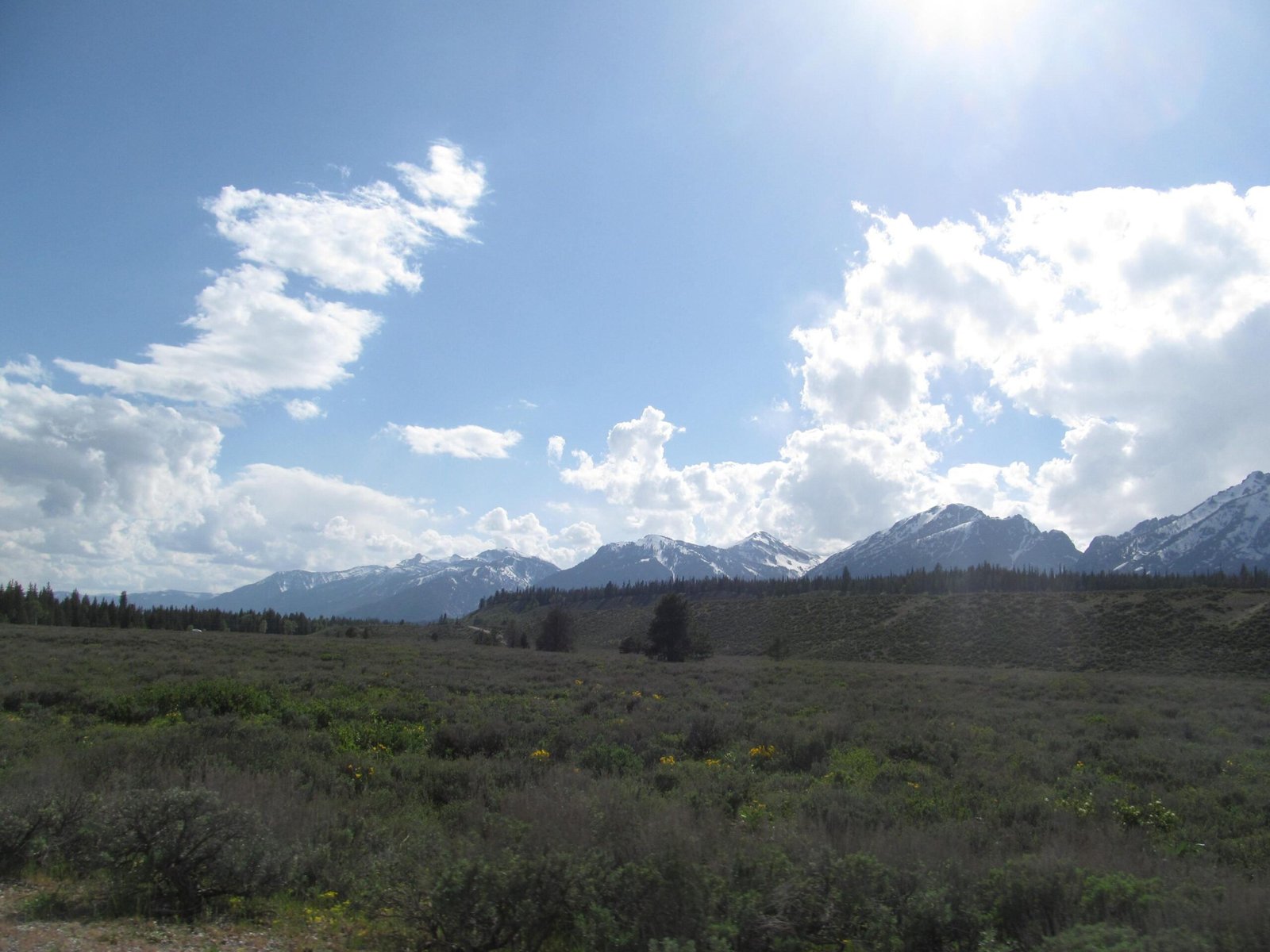Grand Teton National Park offers an extraordinary camping experience nestled in the breathtaking Wyoming landscape, providing visitors with multiple campground options ranging from primitive tent sites to full-service RV locations. Campers can explore diverse camping environments within the park, including scenic lakeside spots, mountain-adjacent sites, and facilities with modern amenities, ensuring a memorable outdoor adventure for every type of traveler.
What Makes Grand Teton National Park Camping Unique?

Grand Teton National Park presents an unparalleled camping experience characterized by stunning mountain landscapes, diverse wildlife, and multiple campground options. The park’s camping facilities cater to various preferences, from rustic tent sites to fully equipped RV locations.
Where Can Campers Find Accommodation?
Campground Options
| Campground | Total Sites | Hookup Options | Vehicle Length Limit |
|---|---|---|---|
| Colter Bay | 335 | Electric & Full Hookups | 45 feet |
| Gros Ventre | 279 | Electric & Full Hookups | 45 feet |
| Jenny Lake | 49 | Standard | 14 feet |
| Signal Mountain | 56 | Electric Hookups | 30 feet |
| Lizard Creek | 60 | Standard | 30 feet |
| Headwaters | 34 | Full Hookup Pull-Through | 45 feet |
How to Reserve Campgrounds?
Campground reservations follow a specific procedure:
- Reservation Platform: Recreation.gov exclusively handles bookings
- Booking Window: 6-month rolling basis
- Daily Reservation Time: 8:00 AM Mountain Time
- Recommended Action: Create account in advance
What Amenities Exist?
Campground amenities vary but typically include:
- Flush toilet facilities
- Shower stations
- Laundry services
- Proximity to hiking trails
- Access to fishing and boating locations
What Are Essential Camping Regulations?
Critical camping guidelines include:
- Maximum stay duration:
- Jenny Lake: 7 days
- Other campgrounds: 14 days
-
Annual park stay limit: 30 days
-
Wildlife safety protocols
- Proper food and trash storage
- No roadside or overflow camping permitted
What Should Campers Prepare?
Essential preparation involves:
- Weather-appropriate clothing
- Bear-resistant food containers
- Navigation tools
- First aid kit
- Sufficient water and supplies
- Camping permits
- Reservation confirmation
When Is the Best Time to Camp?
Peak camping season runs from late May through early September, with:
- June: Moderate temperatures
- July-August: Highest visitor volume
- September: Fewer crowds, beautiful fall colors
How Much Does Camping Cost?
Camping fees vary by campground and amenities:
- Standard sites: $25-$35 per night
- Electric hookup sites: $35-$55 per night
- Full hookup sites: $45-$75 per night
What Wildlife Might Campers Encounter?
Potential wildlife sightings include:
- Elk
- Moose
- Black bears
- Grizzly bears
- Bald eagles
- Mule deer
Pro Tips for Grand Teton Camping
- Book reservations early
- Check weather forecasts
- Carry bear spray
- Practice Leave No Trace principles
- Respect wildlife boundaries
- Bring layers for temperature variations
Conclusion

Grand Teton National Park offers an exceptional camping experience combining natural beauty, diverse accommodations, and unforgettable mountain adventures. Proper planning and respect for park regulations ensure a safe and memorable outdoor journey.

